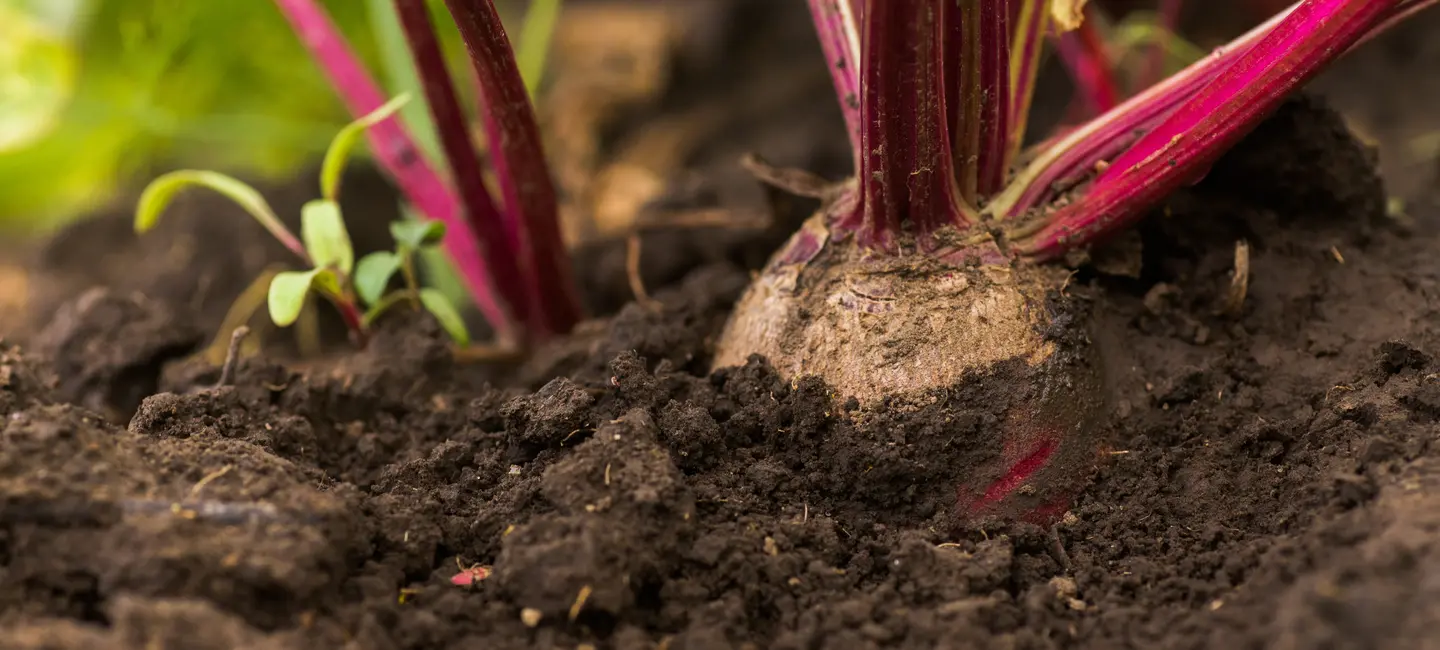
Beet (Beta vulgaris) is a flowering plant. Beet root and beet leaves are eaten as a vegetable and also used as medicine.
Beet contains chemicals that might reduce swelling and cholesterol. Beet can also increase levels of a chemical called nitric oxide in the body. Nitric oxide can affect blood vessels, possibly reducing blood pressure and making it easier to exercise.
People use beet most often for athletic performance and for reducing muscle soreness after exercise. It is also used for liver diseases, high blood pressure, and other conditions, but there is no good scientific evidence to support these other uses.
Is It Effective?
NatMed Pro rates effectiveness based on scientific evidence according to the following scale: Effective, Likely Effective, Possibly Effective, Possibly Ineffective, Likely Ineffective, Ineffective, and Insufficient Evidence to Rate.
- Athletic performance. Drinking beetroot juice might improve exercise performance during aerobic activities in some people. But it's not clear how much beetroot juice is needed to see any benefit. And any benefit in elite athletes might be very small.
- Muscle soreness caused by exercise. Drinking beetroot juice a few times a day for about 48 hours after exercise might reduce muscle soreness after sprinting or jumping.
- A lung disease that makes it harder to breathe (chronic obstructive pulmonary disease or COPD). Drinking beetroot juice does not seem to improve the ability to exercise in people with COPD.
There is interest in using beet for a number of other purposes, but there isn't enough reliable information to say whether it might be helpful.
Is it Safe?
When taken by mouth: Beet is commonly consumed in foods. Beet and beetroot juice are possibly safe for most people when taken in larger amounts, short-term.
Beet can make urine or stools appear pink or red. But this is not harmful. There is concern that large doses of beet might cause low calcium levels and kidney damage. But this hasn't been shown to happen.
Special Precautions & Warnings:
Pregnancy and breast-feeding: There isn't enough reliable information to know if beet is safe to use as a medicine when pregnant or breast-feeding. Stay on the safe side and stick to food amounts.
Kidney disease: Eating too many beets might make kidney disease worse.
It is not known if Beet interacts with any medicines. Before taking Beet, talk with your healthcare professional if you take any medications.
There are no known interactions with herbs and supplements.
There are no known interactions with foods.
Beet root and beet leaves are commonly eaten as food. As medicine, beetroot juice has most often been used by adults in doses of 70-140 mL by mouth daily for 21 days. Beet is also available in many other forms, including beetroot extract, beetroot powder, beetroot gel, freeze-dried beet leaf, and baked beetroot. Speak with a healthcare provider to find out what type of product and dose might be best for a specific condition.
Beet Greens, Beet Juice, Beet Leaves, Beetroot, Beetroot Juice, Beta vulgaris, Betarraga, Beets, Betterave, Betterave à Sucre, Betterave Jaune, Betterave Rouge, Betteraves, Fodder Beet, Garden Beet, Green Beet, Mangel, Mangold, Red Beet, Remolacha, Scandinavian Beet, Sugarbeet, Yellow Beet.
Information on this website is for informational use only and is not intended to replace professional medical advice, diagnosis, or treatment. While evidence-based, it is not guaranteed to be error-free and is not intended to meet any particular user’s needs or requirements or to cover all possible uses, safety concerns, interactions, outcomes, or adverse effects. Always check with your doctor or other medical professional before making healthcare decisions (including taking any medication) and do not delay or disregard seeking medical advice or treatment based on any information displayed on this website.
© TRC Healthcare 2024. All rights reserved. Use and/or distribution is permitted only pursuant to a valid license or other permission from TRC Healthcare.
